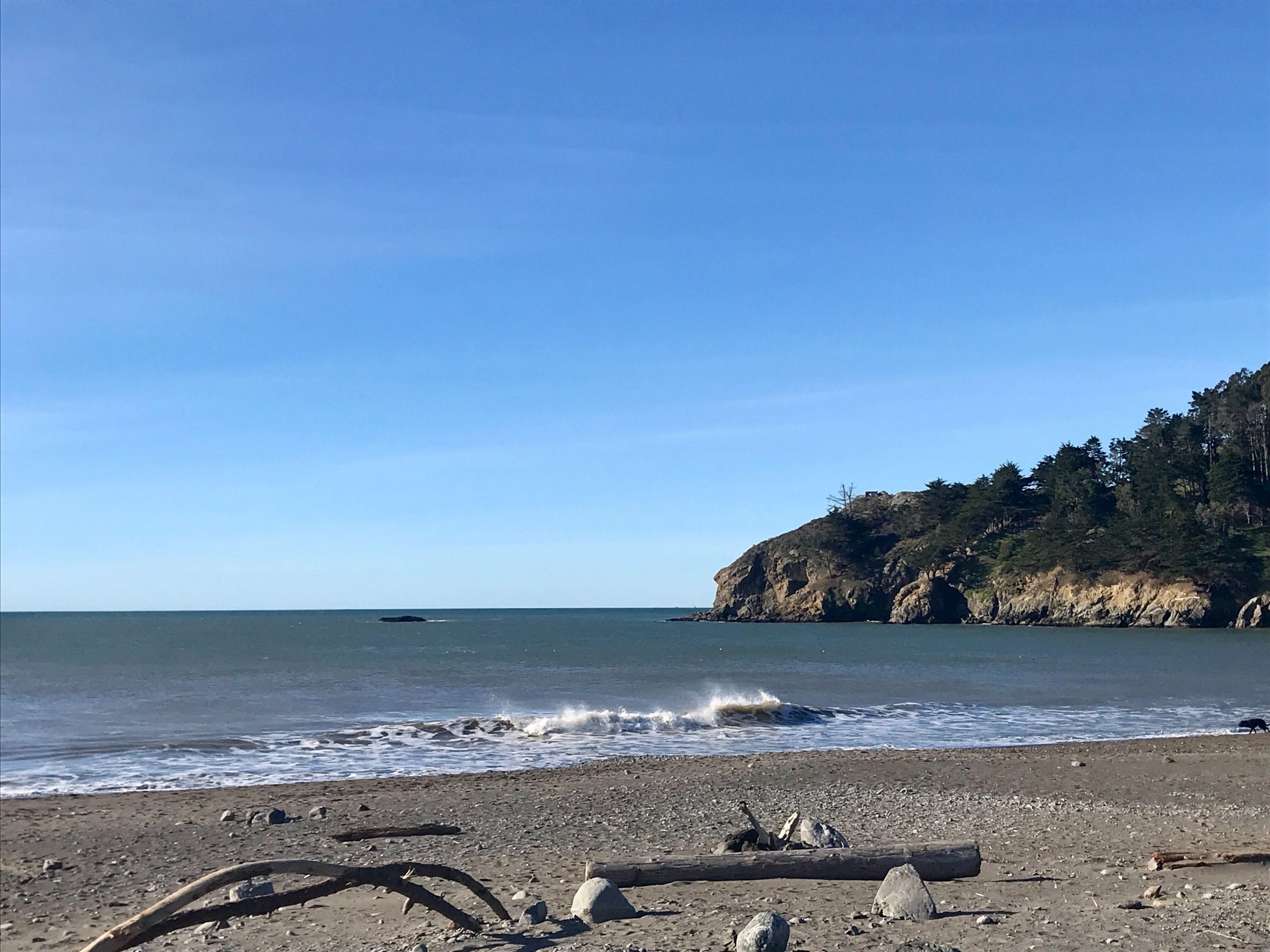What does it mean to be an ethical leader? How do we practice skillful and effective leadership for the good of our respective organizations, communities, and society?
These are questions I asked as a Coro Fellow, and then, a few years after my Fellowship, in a graduate program at Harvard Divinity School.
I spent much of my time in graduate school learning from the spiritual tradition of Buddhism — specifically, how these teachings could help support leaders across secular organizational contexts. The more I studied Buddhism, the more some of the lessons I learned during my Coro Fellowship came to the forefront.
What do Buddhism, Coro, and leadership hold in common? All three require a sense of conscious awareness and compassion.
In Buddhism, it’s a conscious awareness of the impermanence of all things — that life is made up of 10,000 joys and 10,000 sorrows, and we consciously and unconsciously move towards the joys and away from the sorrows. But as we all know far too well, we don’t just get to appreciate the sweetness of life. The sweetness fades and the sorrow surfaces, and the sorrow fades and the sweetness surfaces. This is the condition of impermanence. As we experience this rising and falling on a daily basis, it can cause a tremendous amount of suffering. Because of this suffering, we’re called to practice compassion for ourselves and others.
You might ask, “What does compassion have to do with leadership?” Take a moment now and reflect on the extraordinary leaders you’ve had the opportunity to know, work for, and learn from. I imagine what sets them apart is their capacity to express care and expect excellence in proportional measure.
Coro also taught me this lesson of compassion — through an invitation into perspective-taking, and the humility to recognize that although my ego may want to believe I have all the right answers, the reality is I don’t. Coro training invites me to ask, “How might someone from X sector, background, political party, or lived experience look at this problem? What might they be able to see that I cannot?”
Coro training helps give me the discipline to move toward those things I may initially dislike or disagree with, from a place of curiosity rather than righteousness.
Mindfulness and compassion invite us to ask ourselves how we can practice conscious awareness of our blindspots. In fact, mindfulness really just means awareness. This practice of conscious awareness is essential to us as leaders. All too often, due to organizational pressures to be “fixers who demonstrate our value,” we jump quickly into action — without taking a moment to truly assess the WIGO (What is Going On?).
Coro alums remember WIGO as the tool that invites us to take a brief moment to assess each leadership challenge from multiple perspectives. WIGO asks us to consider:
- This is how I understand what’s going on right now. How might X person understand what is going on?
- What about the perspectives of others who may not be in the room, but who will feel the impact of this decision?
When you take a moment to pause, reflect, and fully diagnose the situation before moving into action, the results are far more strategic than if you just sprang into action out of impulse.
As we all continue to navigate our new COVID-19 reality, with all of its 10,000 joys and 10,000 sorrows, we can acknowledge that we’re being called to practice compassion for ourselves and others. There is a tremendous amount of uncertainty we’re all dealing with, personally and professionally, as we wonder what will come next for ourselves, our families, and our organizations.
In the face of this uncertainty, I invite you to practice compassion, awareness, and inquiry to first see and then understand what’s going on — and with that perspective, we can all work toward cultivating teams, organizations, and communities in line with our deepest aspirations.
Erika O. Carlsen is Director of the Coro Fellows Program in Public Affairs, and an alumna of the Coro Fellows Class of 2010. She holds a Master of Divinity from Harvard Divinity School, where she focused her studies on the connections between meditation, mindfulness, and leadership. Visit our program page to learn more about the Fellows Program in Public Affairs.
